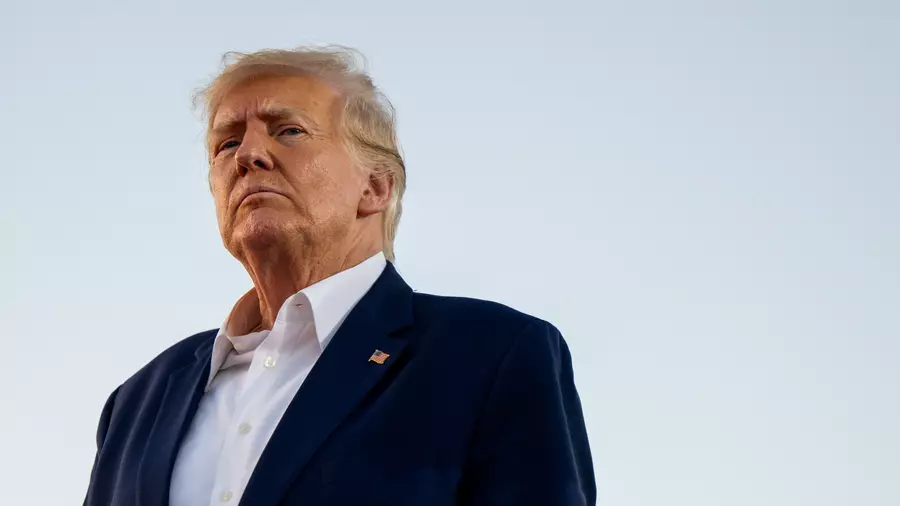In today’s world, there is much talk about narratives. People are discussing how narratives can influence public opinion, sway elections, or even change the course of history. But this constant invocation of narratives suggests that these very narratives have lost their original power and gravitational force. They no longer hold a secret truth within them but instead must be constructed and defended at great lengths.
The same can be said about democracy. In the early days of American democracy, it was lived rather than constantly debated or justified. The political process simply unfolded without much fuss, and people participated in it as an organic part of their lives. But today, democracy has become a topic that is endlessly discussed, defended, and attacked. Politicians and pundits alike are constantly extolling the virtues of democracy while simultaneously warning against its perceived threats.
This shift from living democracy to defending it reveals a deeper crisis – a crisis of narrative. When something becomes a topic of constant discussion and debate, it is usually a sign that it has lost its original power and significance. Just like the divine right of kings, which was invoked with great enthusiasm by medieval rulers as their authority crumbled around them, democracy too has become an artificial construct that must be continuously defended and justified.
But what happens when people no longer believe in the inherent value of a system? When they start to see it as something that needs to be constantly defended rather than simply lived? It is at this point that we can say that democracy, like the divine right of kings before it, has entered its final phase – a phase marked by exaggerated claims and desperate attempts to preserve what is no longer believed in.
As society grapples with these challenges, it becomes increasingly clear that the narrative surrounding democracy is no longer enough to sustain it. Just as the divine right of kings eventually gave way to more democratic forms of governance, so too will the current iteration of Western liberal democracy be replaced by something else – something that has yet to be fully defined or understood.
In this sense, the crisis of democracy can be seen as a symptom of a much larger malaise afflicting our society. It is not just politics but also culture, religion, and other aspects of human life that are struggling to maintain their relevance in an increasingly complex and interconnected world. As we continue to navigate this uncertain landscape, it remains to be seen what will emerge from the ashes of our crumbling narratives – and whether it can offer a new anchor for being in a rapidly changing world.

